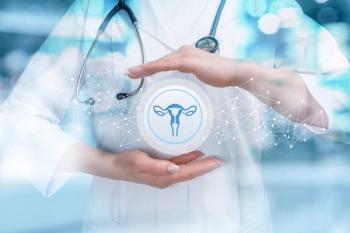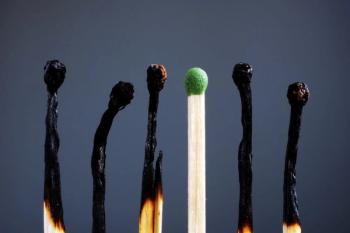Parents Exceed Physicians in Burning Out!
Parents and physicians are facing epidemic rates of burnout.
PSYCHIATRIC VIEWS ON THE DAILY NEWS
Yesterday, on my birthday, I just happened to be walking by the NBC Today show in the morning, when they were going to discuss a new study coming out of the Ohio State University College of Nursing on parental burnout. I stopped in my tracks to watch it because it is a topic of great importance to me professionally and personally.
Just about a decade ago in May, I retired from my tenured professorship because I was feeling emotionally exhausted and angry from a new medical school directive to only schedule patients for medication visits for 10 minutes each. Soon after I retired, feeling much lighter and better emotionally, a colleague pointed out that I had likely burned out. Looking into literature verified his assumption. I then was inspired to work on this collegial ethical challenge, eventuating in the book I helped to coedit and write: Combating Physician Burnout: A Guide for Psychiatrists (American Psychiatric Association Publishing, 2019).
In that book, that same emergency physician colleague, Randall Levin, MD, and I discussed the emerging escalation of burning out in parents. Now, at least for this Ohio State study, their rate of 66% seems to exceed that of physicians, now seeming to hover around 50% in the United States, which as a profession had held the lead for a decade or more. But, of course, professionally we are concerned about the spread of societal burnout, and many of us are parents of children, too—a double jeopardy.
Much of the results seem similar. Physical and emotional exhaustion, a key symptom of burnout out, is prominent. Irritability is another, that can unfortunately get displaced onto children, just like physicians do inadvertently to patients, or escalate even higher into the rage we see more and more of. Shame was prominent. Those at highest risk were mothers and parents of multiple children.
On the other hand, the recommendations and solutions did not seem to fit what we know helps physicians. One of the researchers advocated for this:
“Take two minutes, make a hot drink, sit, sip it slowly and focus on the moment.”
Sure, that can temporarily help, but most such self-help endeavors, including meditating for a couple of minutes, do not address the cause needing the most attention. That is the oppressive and limiting systems in which we work and parent. In these parents, especially working mothers, the pandemic seems to be the main new etiologic factor making it harder to parent, especially during the schooling period when children had to stay home.
Now we have a parental burnout epidemic to add to the viral pandemic. Both need our psychiatric attention. Actually, burnout is spreading everywhere, resulting in job resignation and growing financial disparity in the United States. To recover, people may need to leave their workplace, as my colleague and I did, or have the workplaces enhance the ability and rewards of the workers to do their best. If we do not make these changes, our country’s economic productivity will likely suffer over time and our citizen’s mental health will too.
Dr Moffic is an award-winning psychiatrist who has specialized in the cultural and ethical aspects of psychiatry. A prolific writer and speaker, he received the one-time designation of Hero of Public Psychiatry from the Assembly of the American Psychiatric Association in 2002. He is an advocate for mental health issues relate to climate instability, burnout, Islamophobia, and anti-Semitism for a better world. He serves on the Editorial Board of Psychiatric Times™.
Newsletter
Receive trusted psychiatric news, expert analysis, and clinical insights — subscribe today to support your practice and your patients.








